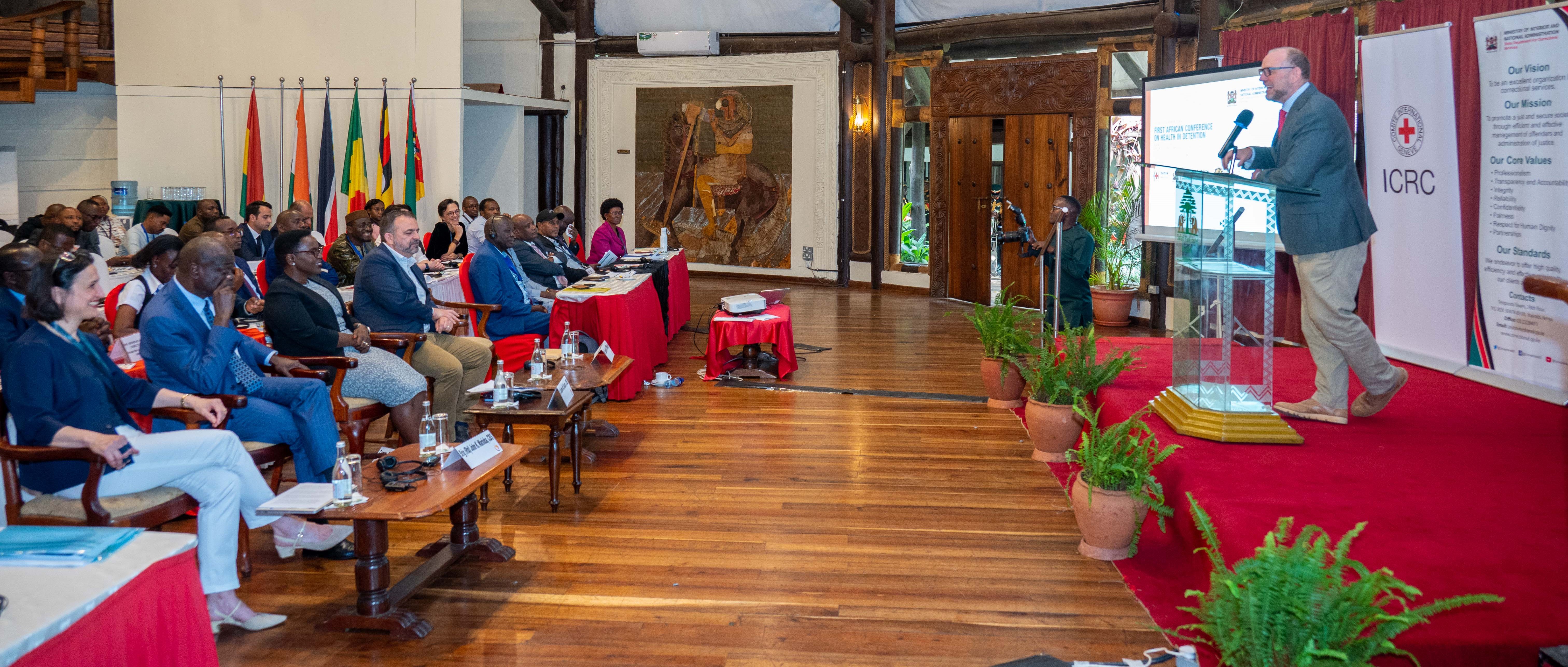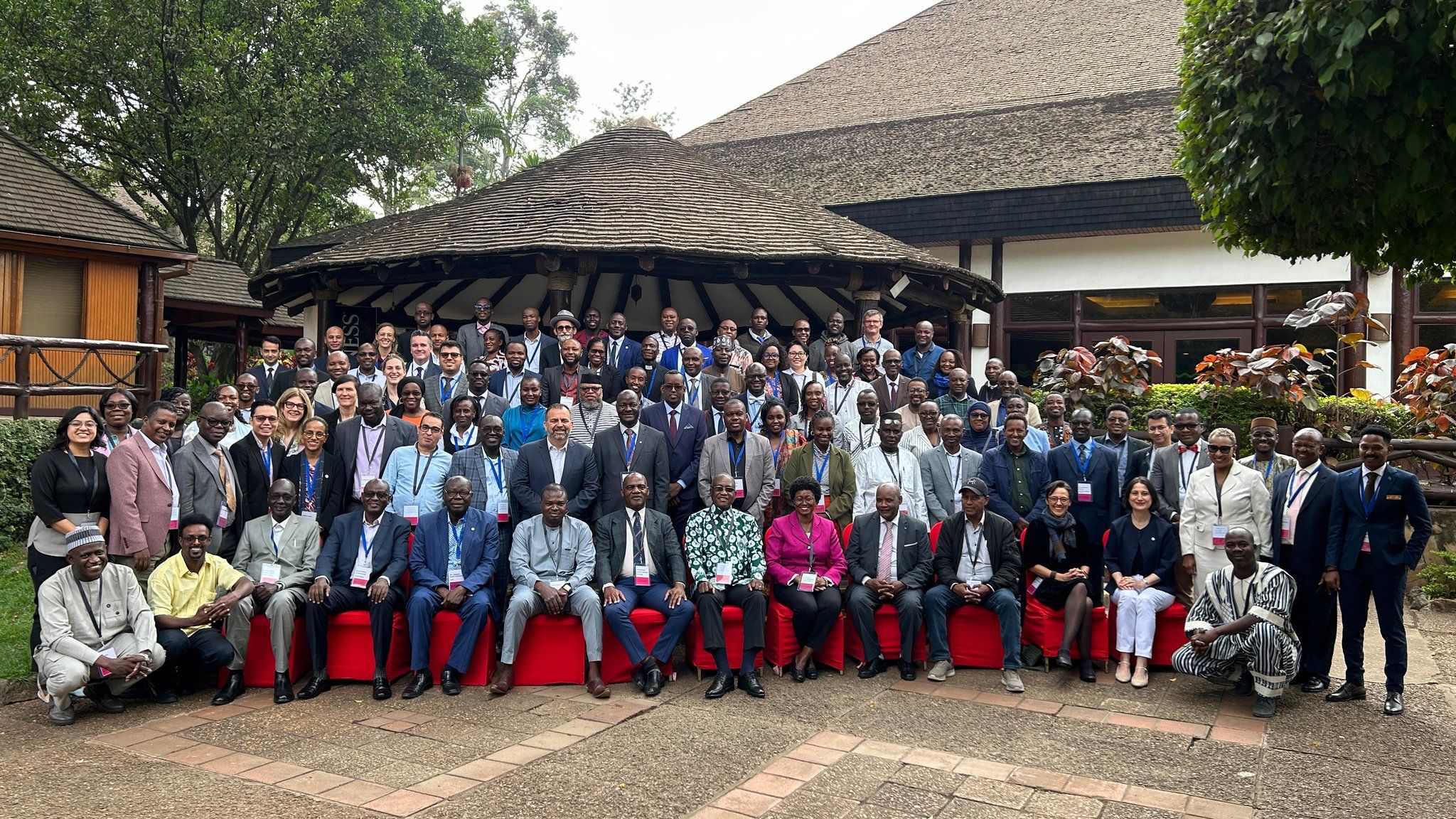
25 Jul 2024
The 1st African Conference on Health in Detention (icrc.org) organized by the ICRC and co-hosted by Kenya State Department for Correctional Services, in partnership with the Ministry of Health of Kenya, Kenya Red Cross, Africa Centres for Disease Control and Prevention, African Correctional Services Association (ACSA) and the International Corrections and Prisons Association (ICPA), was held in Nairobi on 03 – 05 July. The energy, passion and dedication of the over 125 participants from 23 countries across the continent to improve the health of persons deprived of liberty was incredibly inspiring.
The conclusions of the conference, themed “Making the difference: African solutions to improving health in detention”, included:
- Strong commitment in the consensus to respect and promote International Human Rights Law (IHRL) and International Humanitarian Law (IHL) in relation to the protection of Persons Deprived of Liberty at all times and under all circumstances.
- Establishment of a peer-to-peer network led by the African Correctional Services Association (ACSA) Health Network.
- Strengthening regional and global partnerships with ACSA, ICPA, WHO, Africa CDC and, at national level, between national correctional and health services.
- Reinforce the creation and implementation of independent inter-ministerial healthcare services, as first step towards stronger health systems.
- Engage with key stakeholders across the criminal justice and health systems, including civil society, to raise awareness seek sustainable solutions in regard to the vulnerability of people deprived of liberty. In parallel, consider the generation of specific Key Performance Indicators (KPIs) to measure progress in this regard.
- Support staff (custodial, health and partners) working in detention settings to access and understand the Nelson Mandela Rules, Bangkok Rules, and Havana Rules for effective implementation.
- Strengthen the assessment of patients’ needs holistically while considering biopsychosocial aspects of their presentation.
- Reassess where we are at on communicable and non-communicable diseases and evaluate and set targets that enable to move towards elimination.
- Consider the use of new and emerging technologies such as Artificial Intelligence, with clear safeguards, as a diagnostic tool to support clinicians in the early detection of disease in places of detention.
- Climate change and the environment must be considered in the development of new approaches and activities, mitigating negative impacts as much as possible.
- Initiate conversation among all stakeholders on ways to address the situation of food security and ensure adequate preparedness towards the future.
- Cascade the conclusions of the Health in Detention conference to all staff working in places of detention.


Please Sign in (or Register) to view further.